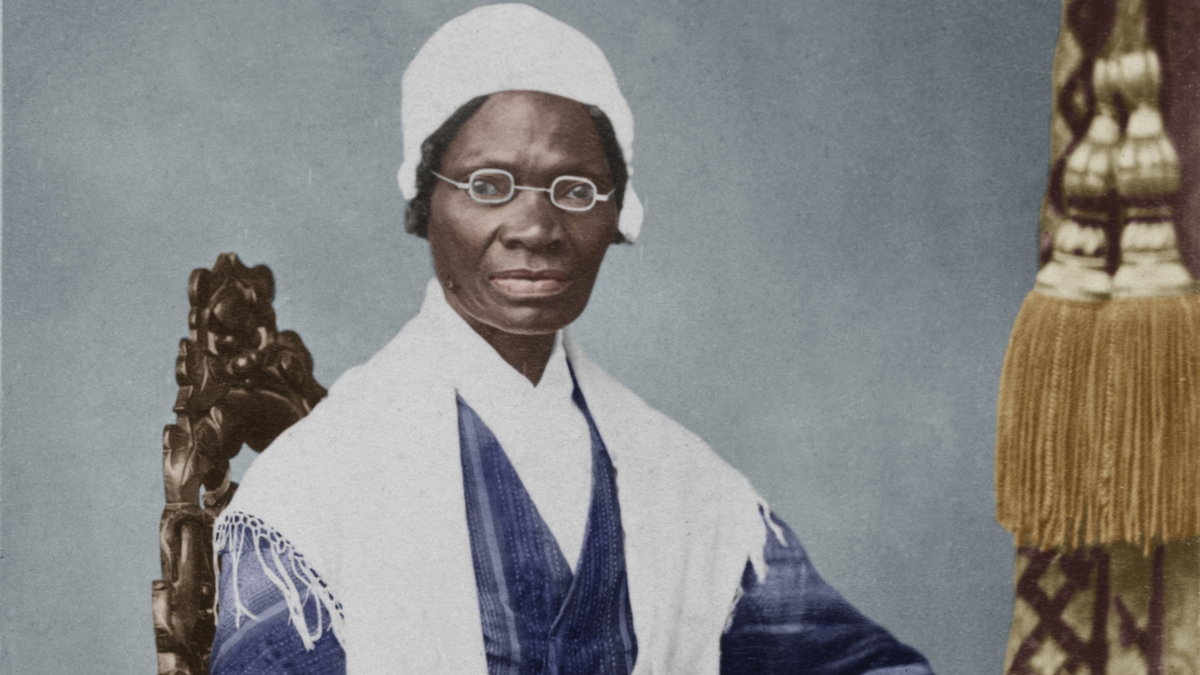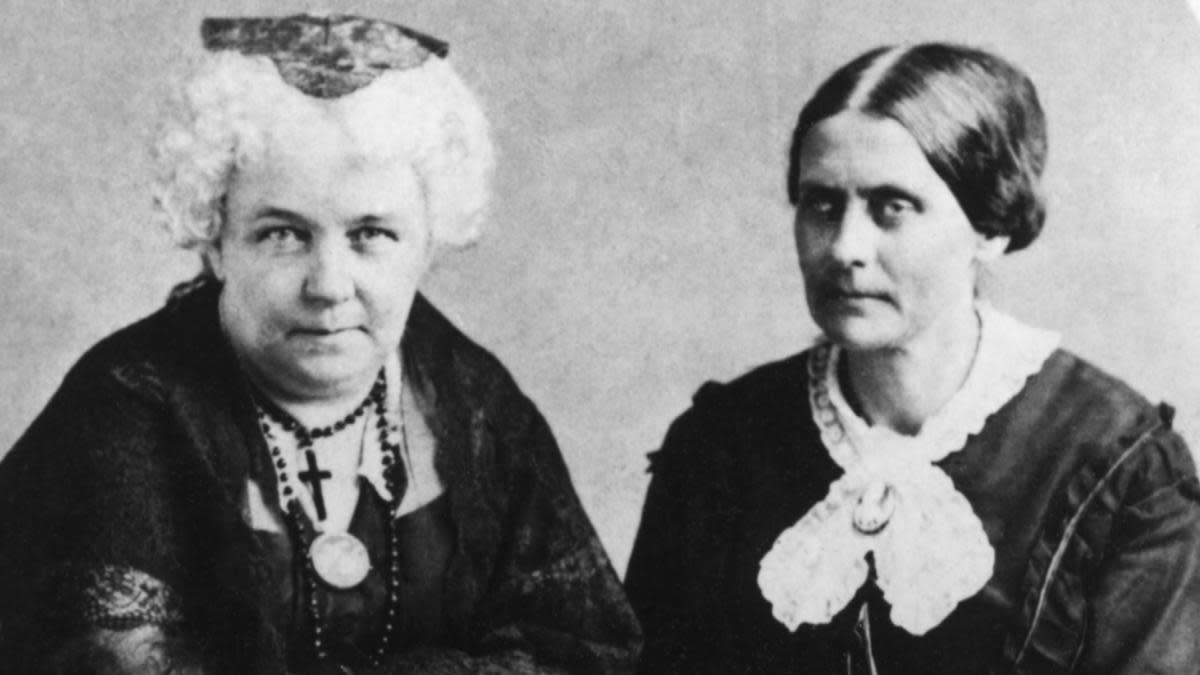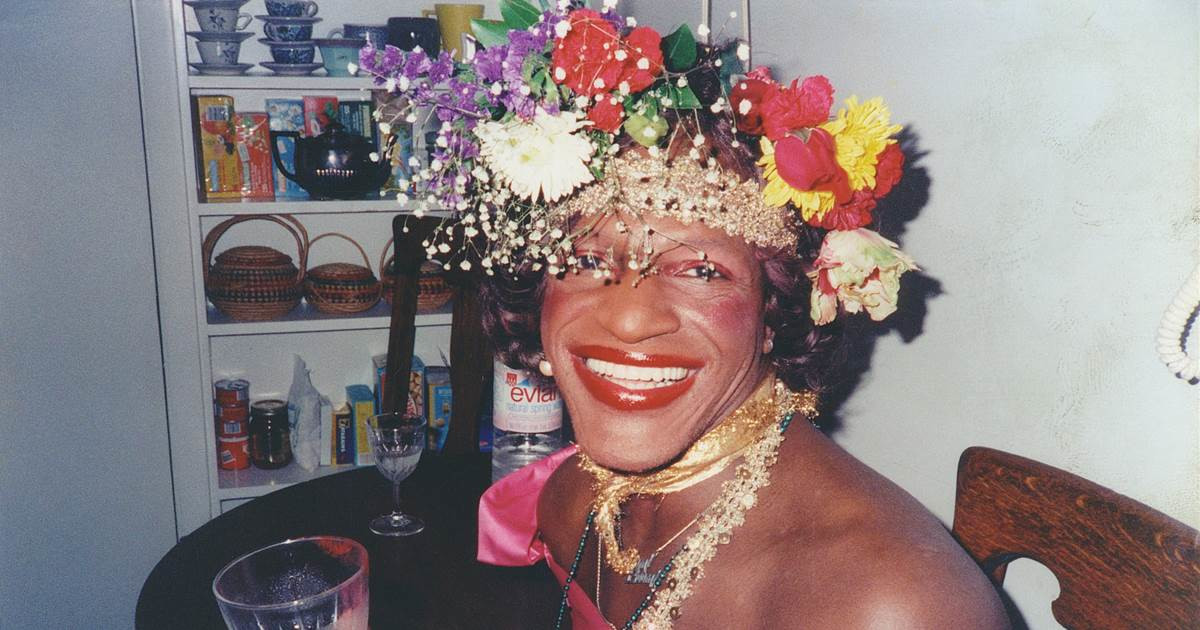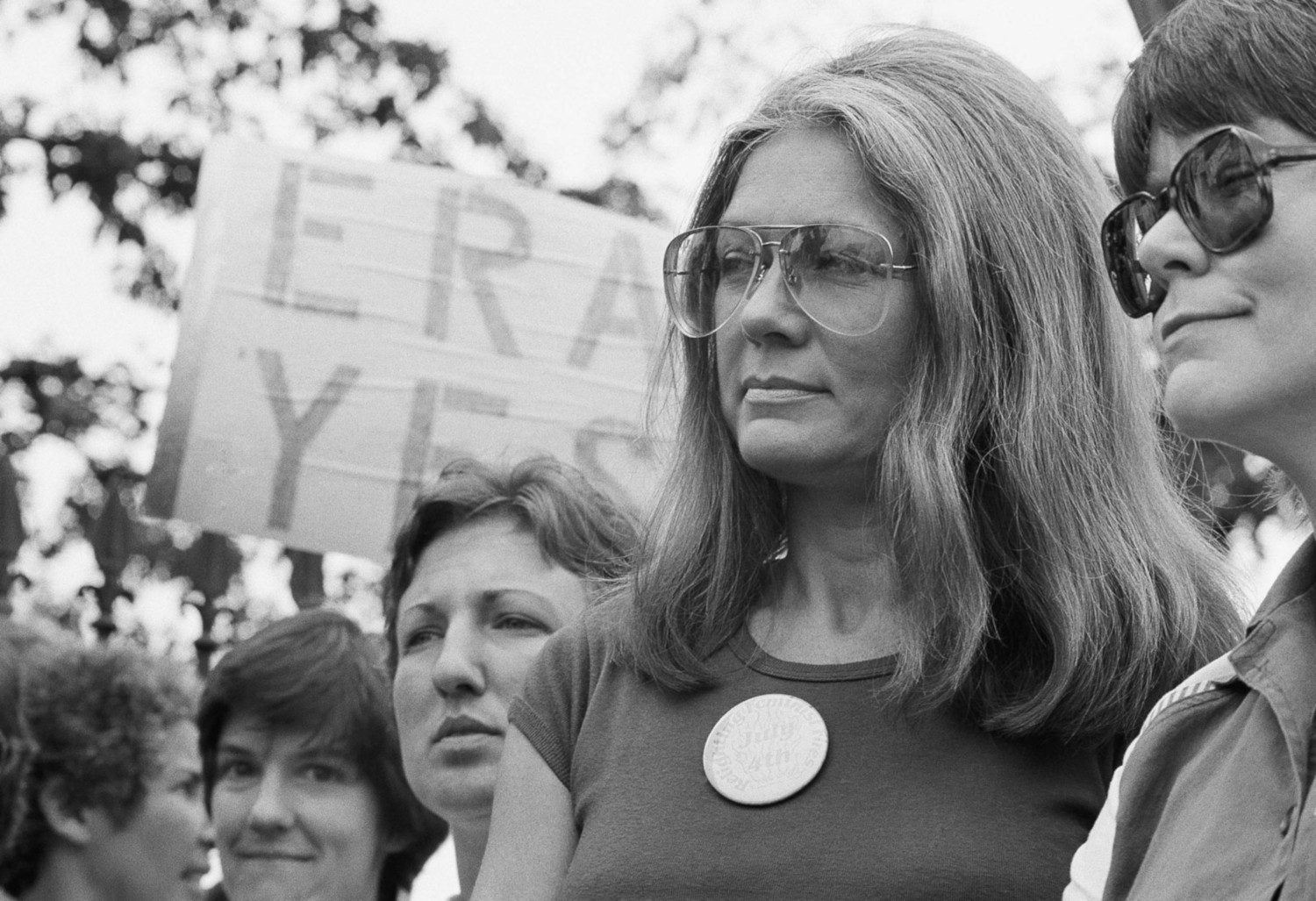
International Women’s Day: The leaders of the feminist movement
“I am woman, hear me roar!” Helen Reddy’s iconic feminist chant will ring loud and proud today, as it’s International Women’s Day. The feminist celebration can be traced to 1908 when women marched through New York City demanding better wages, shorter working hours, and voting rights. It was first celebrated worldwide in 1911 in Europe and has been celebrated on March 8th since 1914.
International Women’s Day has historically been a day of action centering on the feminist movement. IWD celebrates what women have accomplished through the changing struggles of the feminist movement, from suffrage & labor rights in the early twentieth century, women’s lib in the 1960s & 70s, and intersectional feminism and the struggle for justice for all women now.

The IWD website points out that while women have won many battles, they still have a long way to go, stating: “women are still not paid equally to that of their male counterparts, women still are not present in equal numbers in business or politics, and globally women’s education, health and the violence against them is worse than that of men.”
However, women have made great strides in leadership, equality, and recognition. Let’s take today to celebrate some heroes of the feminist movement and how their actions led to a better world for women now.

Sojourner Truth
Sojourner Truth was a public speaker, abolitionist, and supporter of women’s suffrage. Born into slavery, Truth described the horrors of her life in bondage in her autobiography The Narrative of Sojourner Truth, which she narrated to Olive Gilbert since she was illiterate.
Truth was a passionate orator throughout most of her life, giving fiery speeches like her famous “Ain’t I A Woman” speech in Akron, Ohio. She delivered the speech as a guest lecturer at a women’s rights conference.
According to her biography on Women’s History.org, she was allied with fellow abolitionist Fredrick Douglass, but they parted ways over a disagreement: Truth believed women’s suffrage and suffrage for formerly enslaved men should occur at the same time while Douglass thought the latter should take precedence.

Susan B. Anthony
One of the most recognizable faces of the first wave of the feminist movement, Susan B. Anthony was a champion for suffrage, temperance, and labor equality. While many historians believe this feminist’s journey begins at Seneca Falls, the conference which kicked off the Women’s Suffrage Movement in 1848, Susan B. Anthony came from a family full of abolitionists who were part of the movement to end slavery.
Anthony herself gave impassioned public speeches calling for the end of slavery at a time where it was considered improper for women to speak publicly. She founded a suffragist magazine and two suffragist organizations. She was famously arrested for voting in 1872 and was fined $100, a levy she refused to pay, stating she’d rather go to jail.

Marsha P. Johnson
Marsha “Pay It No Mind” Johnson was a trans activist who kicked off queer liberation in the U.S. Johnson is credited with starting the Stonewall Riots, spearheading the movement for queer liberation, and the start of a burgeoning dialogue about intersectionality & inclusivity in the feminist movement.
According to the National Museum of African American History & Culture, many queer African Americans felt excluded from the feminist movement in the 70s, as it centered on the experiences of cis, heteronormative, white women, predominantly from middle & upper-class households.
Nearly two decades after Stonewall, Kimberlé Crenshaw would coin the term “intersectionality” to describe the multiple marginalized identities people may have and fight for.

Gloria Steinem
When many people think of the second-wave feminist movement, Gloria Steinem’s name comes to mind. Steinem founded Ms. Magazine in 1972, published multiple books on feminism and women’s rights. Per her biography, Steinem “co-founded the National Women’s Political Caucus, the Ms. Foundation for Women, the Free to Be Foundation, and the Women’s Media Center in the United States.”

Malala Yousafzai
The most recognizable, contemporary face of the feminist movement today is Malala Yousafzai. Raised in Swat, Pakistan, Yousafzai’s father started a school for girls and ran it when the Taliban took over her village. When Malala began speaking out against the Taliban and for women’s education, she became a target. In 2011, the Taliban shot her in the head on a bus to school.
After surviving the attack, Malala Yousafzai said she realized she had a choice: “I could live a quiet life or I could make the most of this new life I had been given. I determined to continue my fight until every girl could go to school.”
With her father’s help, she established the Malala Fund with the stated goal of ensuring “a world where every girl can learn and lead.”
—
Of course, this only scratches the surface of fierce women who have paved and are paving the way for a brighter future. Who’s your favorite icon from the feminist movement? Let us know in the comments!



